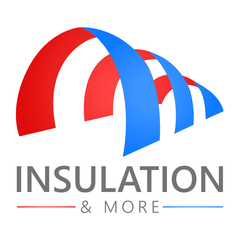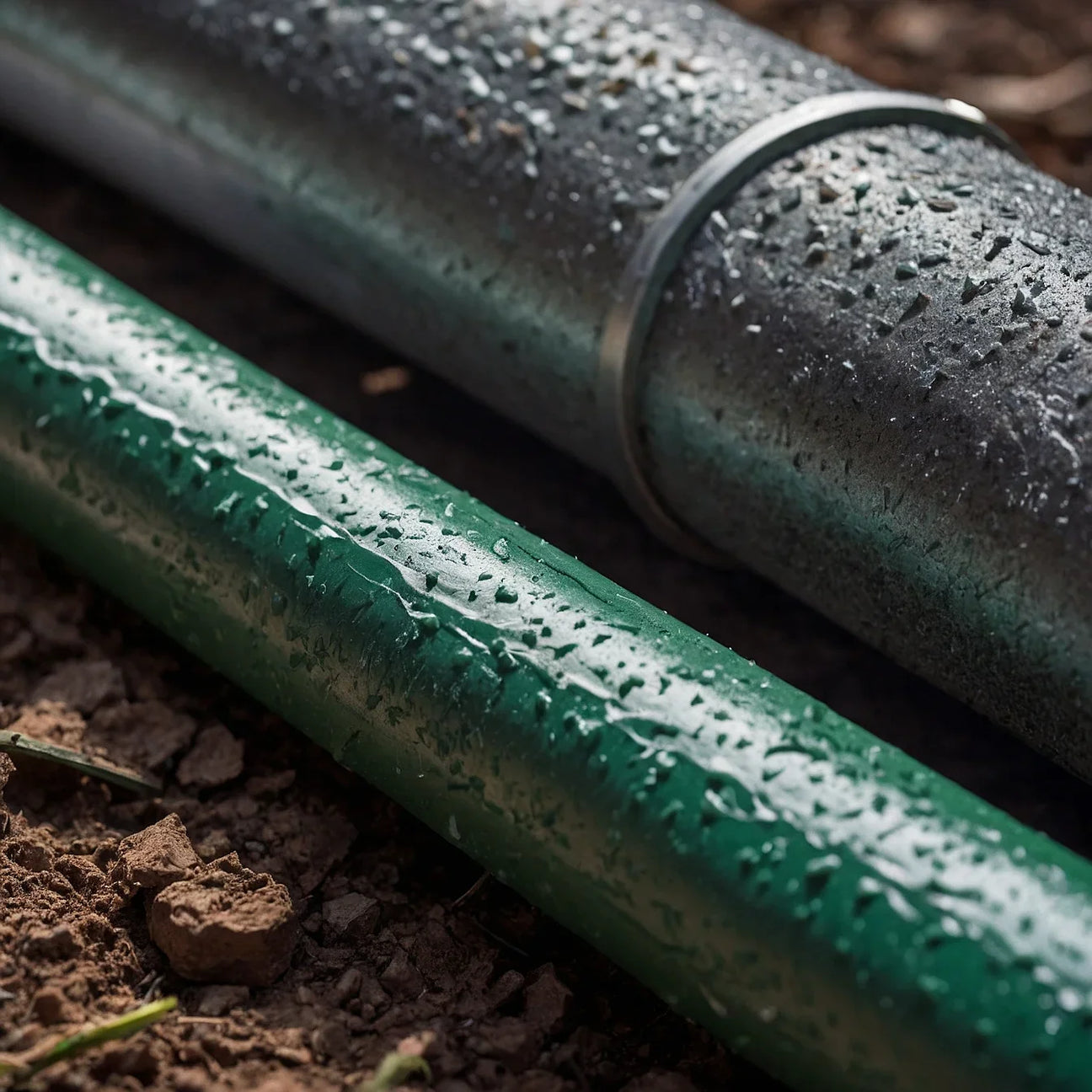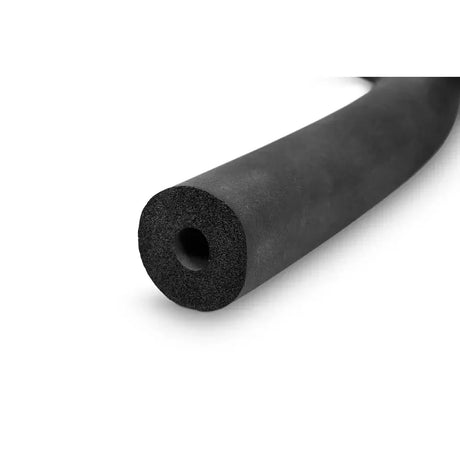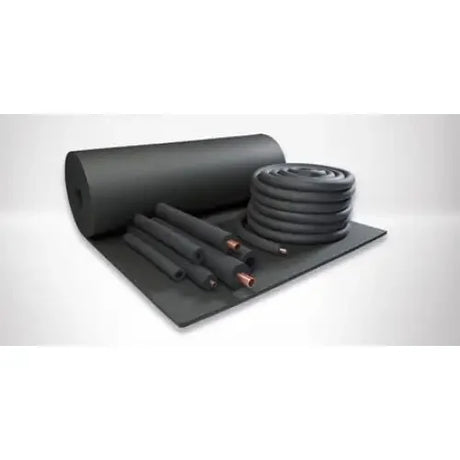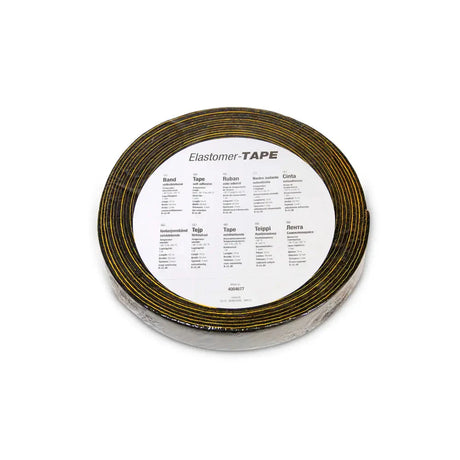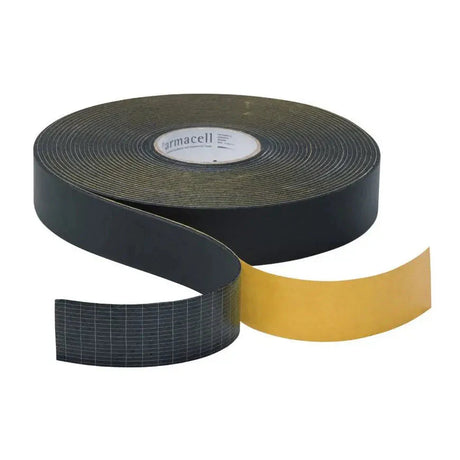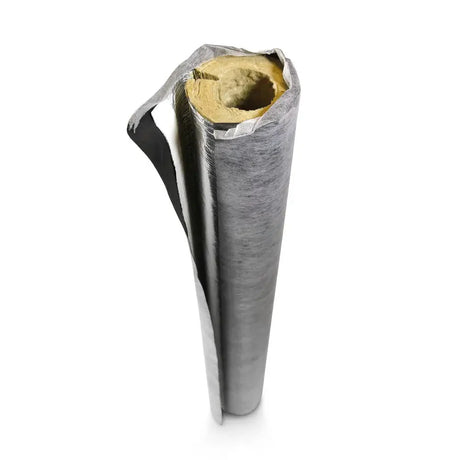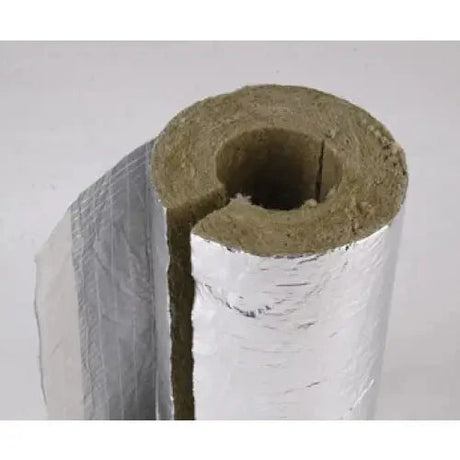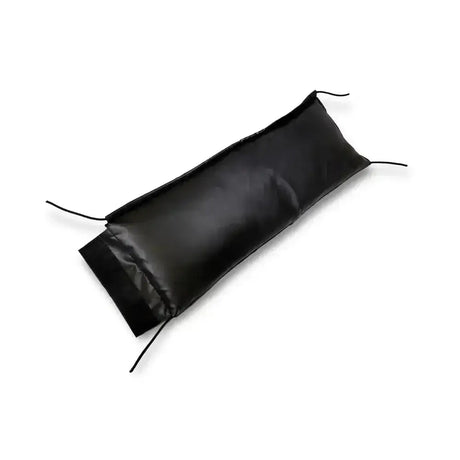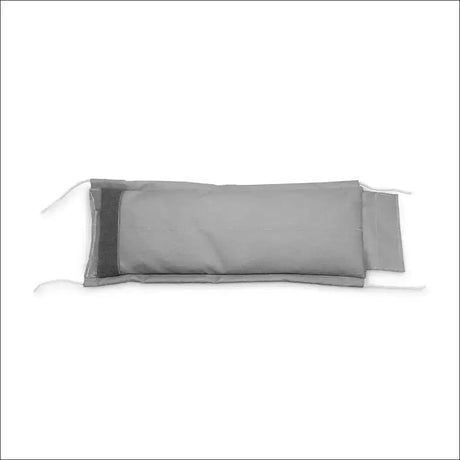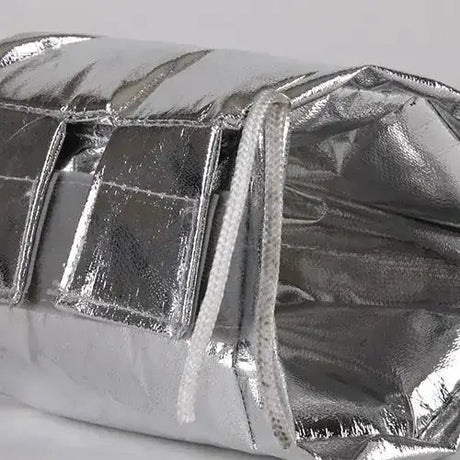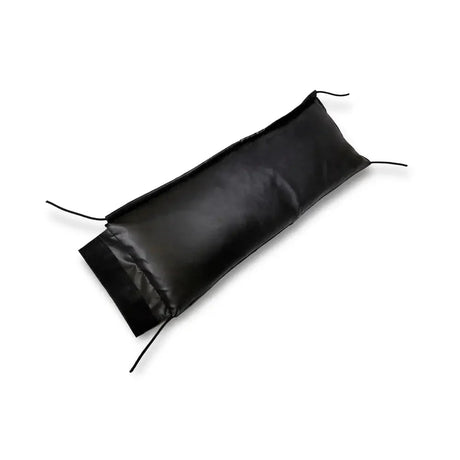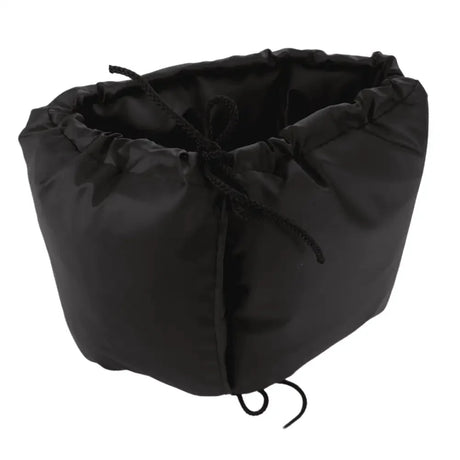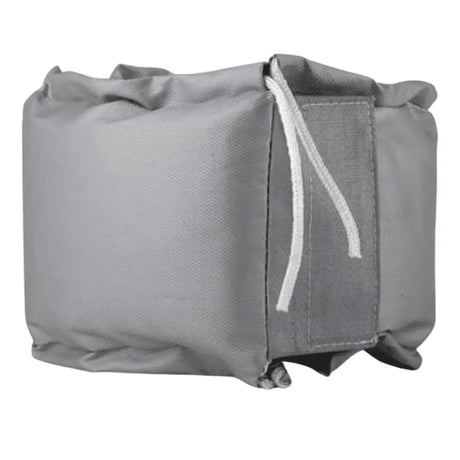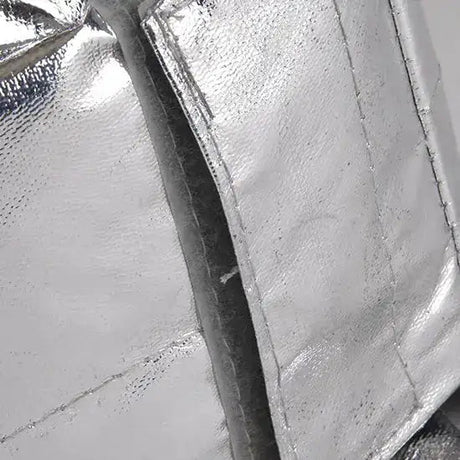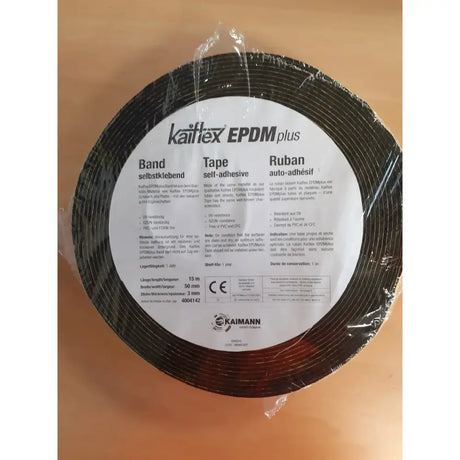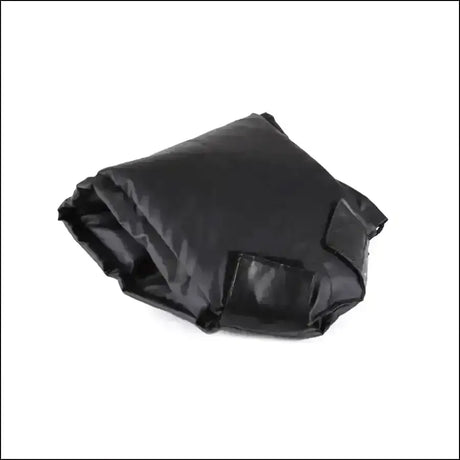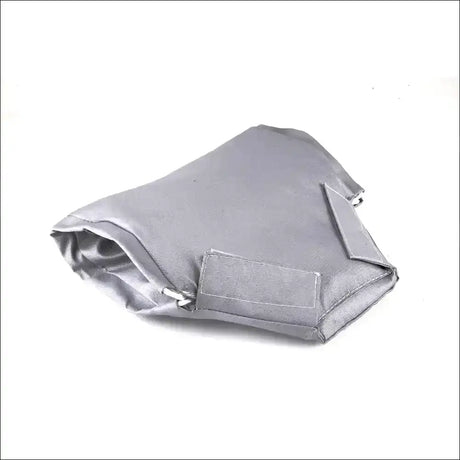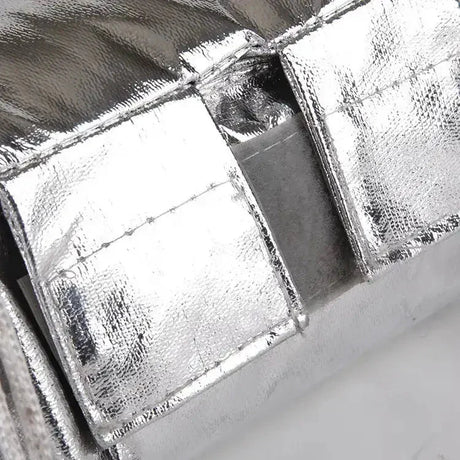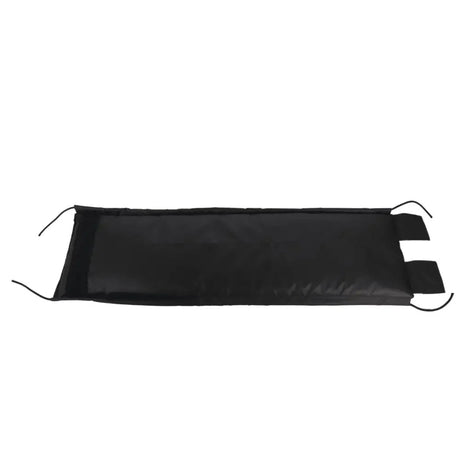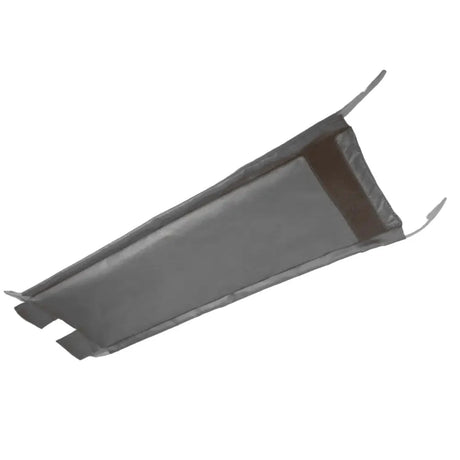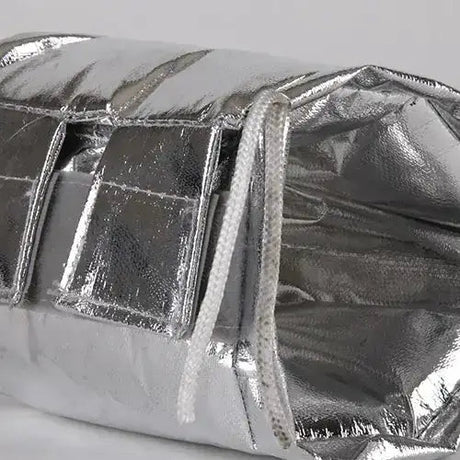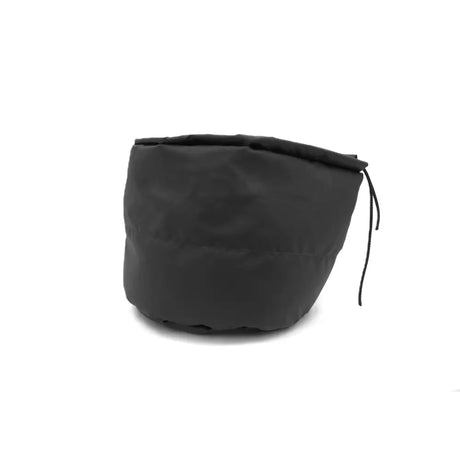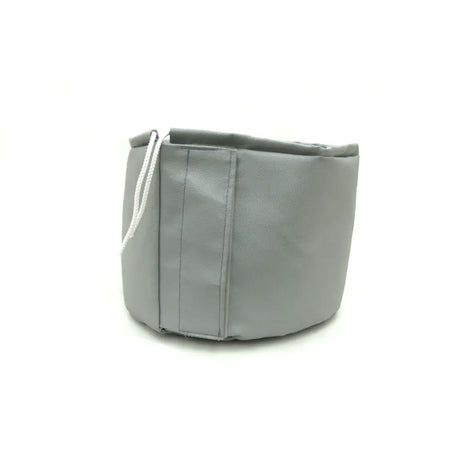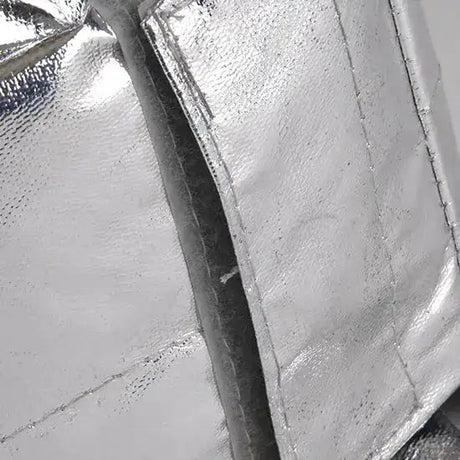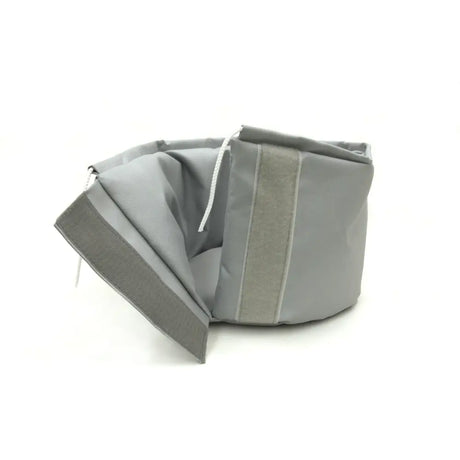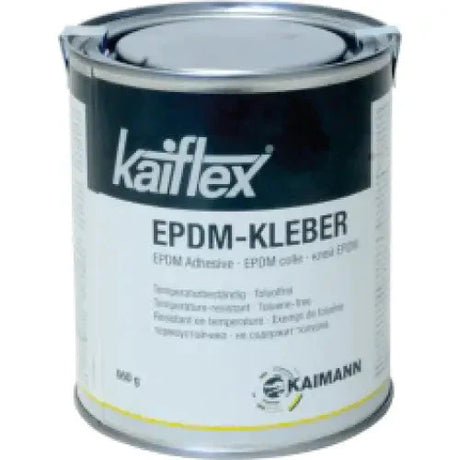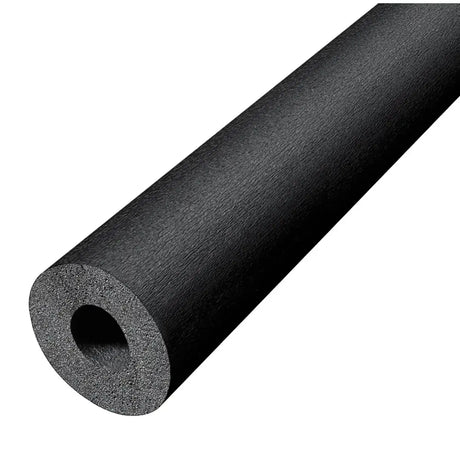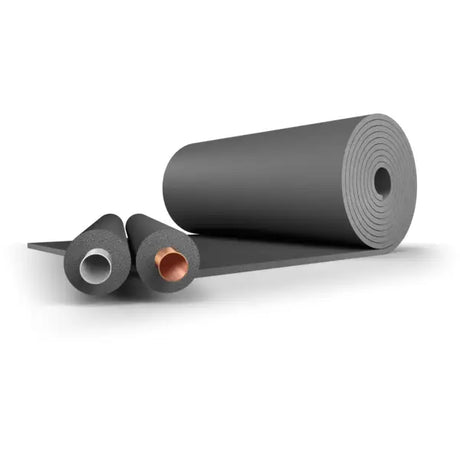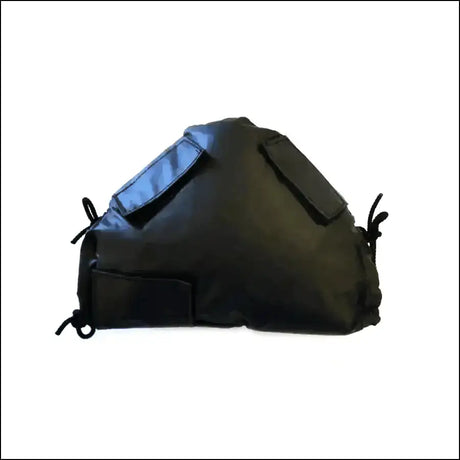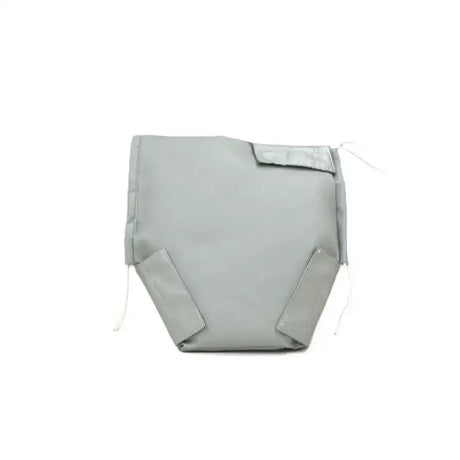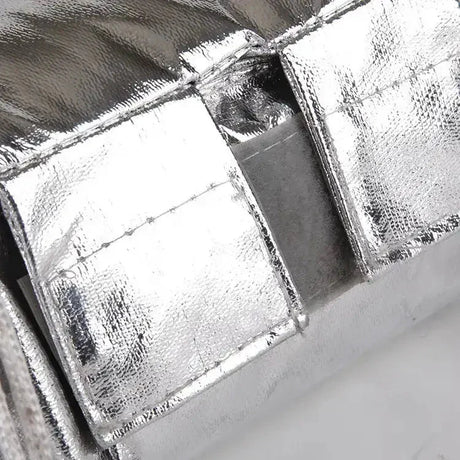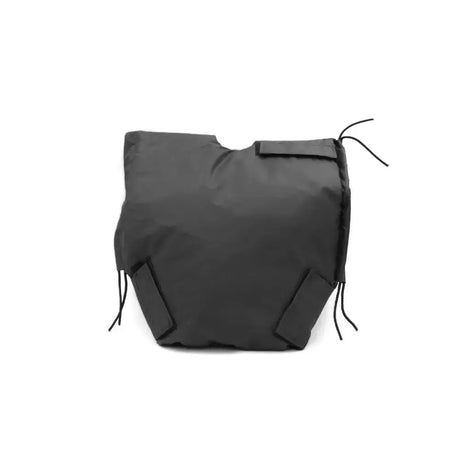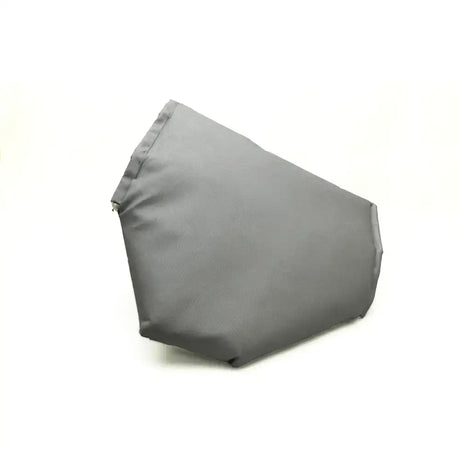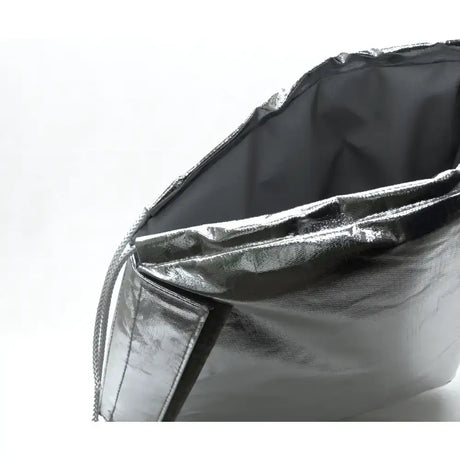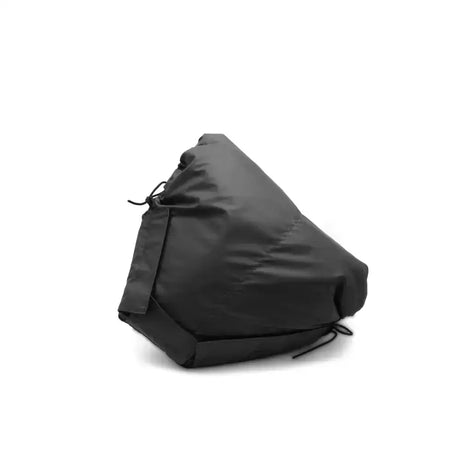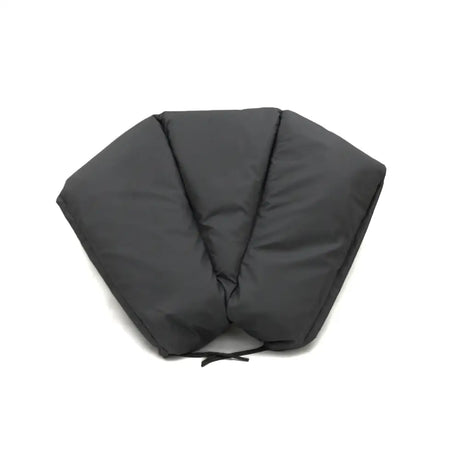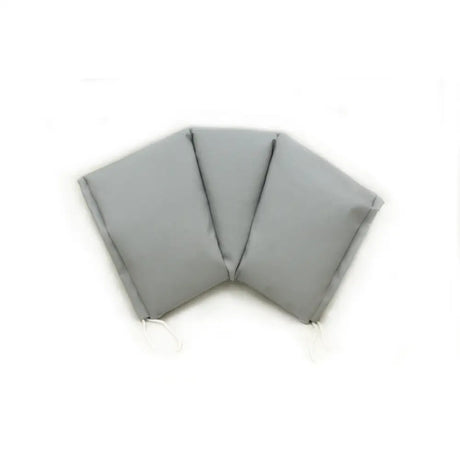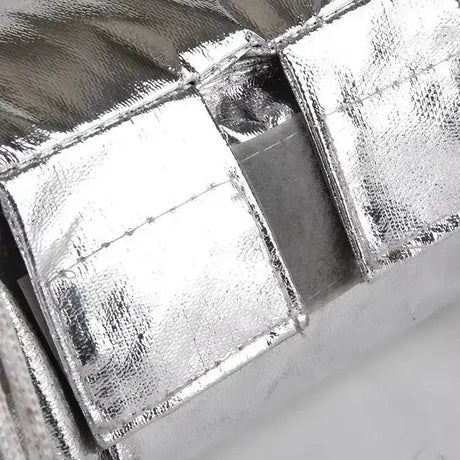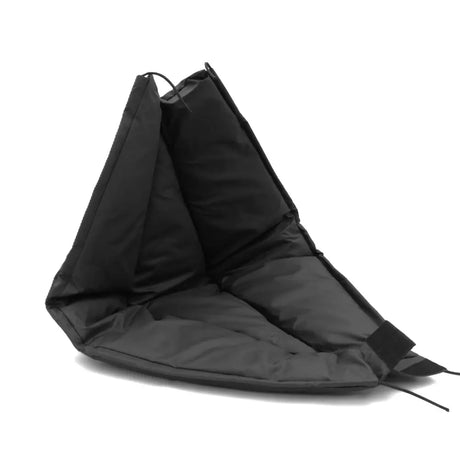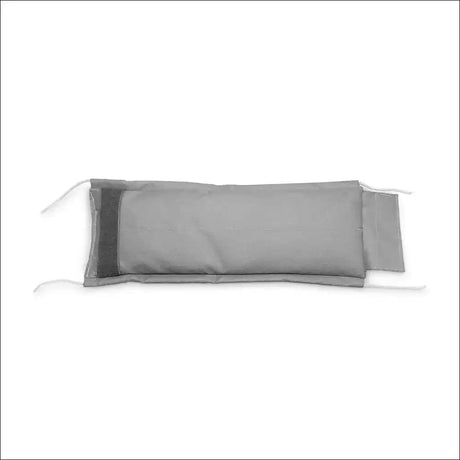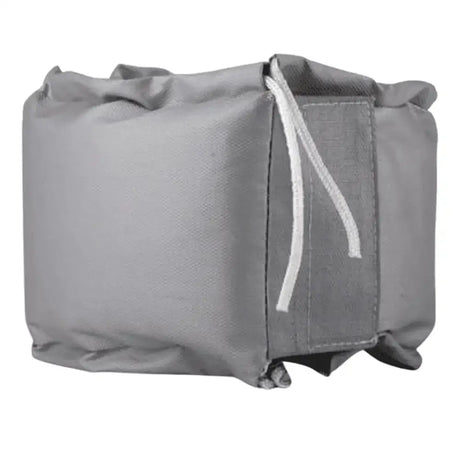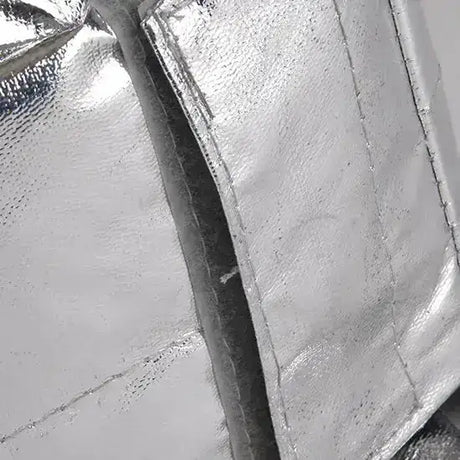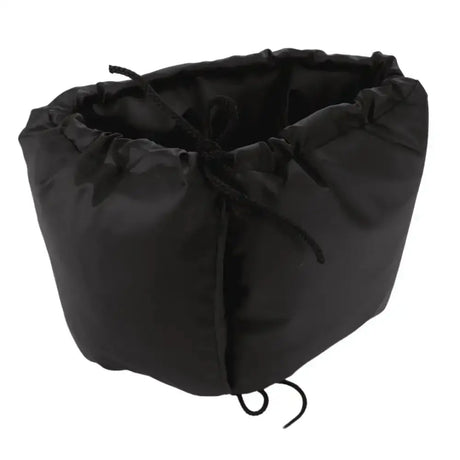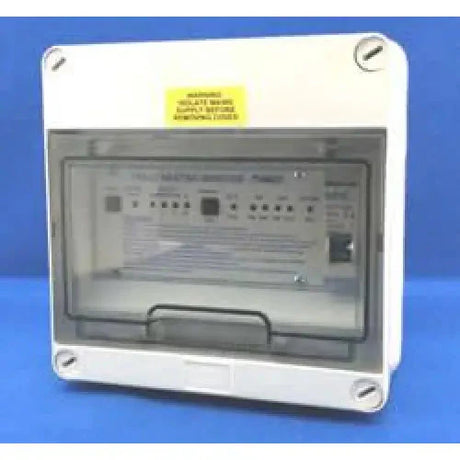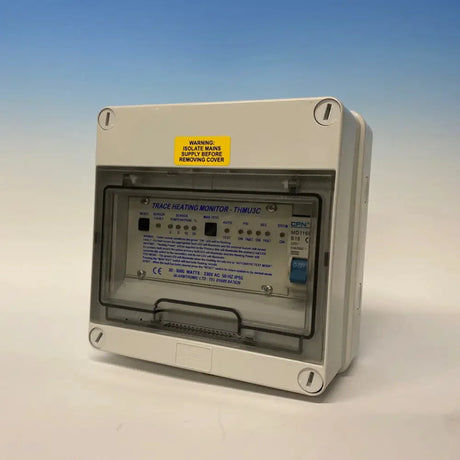Insulation & More
WeatherPro Insulated Valve Jacket For Flanged Valves (External Use)
From £29.52Unit price /UnavailableInsulation & More
WeatherPro Insulated Valve Jacket For Union Valves (External Use)
From £21.05Unit price /UnavailableInsulation & More
WeatherPro Insulated Valve Jacket For Flanged Gate Valves (External Use)
From £36.93Unit price /UnavailableInsulation & More
WeatherPro Insulated Valve Jacket For Butterfly Valves (External Use)
From £30.86Unit price /UnavailableInsulation & More
WeatherPro Insulated Valve Jacket For Screwed Blank End Valves (External Use)
From £42.13Unit price /UnavailableInsulation & More
WeatherPro Insulated Valve Jacket For Flanged 3-way Valves (External Use)
From £27.85Unit price /UnavailableInsulation & More
Insulated Valve Jacket For Flanged Strainer (Internal Use)
From £29.79Unit price /UnavailableInsulation & More
WeatherPro Insulated Flanged Elbow (External Use)
From £76.85Unit price /UnavailableInsulation & More
Insulated Valve Jacket For Flange Valves (Internal Use)
From £23.05Unit price /UnavailableInsulation & More
THMU Thermostat (Sprinkler Pipework Trace Heating Controller)
£377.40Unit price /Unavailable
Did you know that uninsulated UK buildings can lose up to 25% of their heat through the roof?
This fact highlights the need for effective weatherproof insulation to keep homes warm and energy-efficient.
Weatherproof insulation is key to reducing energy waste and protecting homes from the elements and top-quality insulation materials, including thermal insulation and weatherproof lagging, help manage temperature, moisture, and are UV resistant so they do not fade or get damaged in sunlight. They are long-lasting and kind to the environment.
The Importance of Weatherproof Insulation
Weatherproof insulation is key to keeping your home energy-efficient. It keeps heat inside, cutting down on energy use. Using insulation materials for exterior use and outdoor use lowers energy bills.
About 35% of a home's heat escapes through uninsulated walls, says the Energy Saving Trust. It's essential to use materials that block moisture and shield from UV rays. These materials fight off the weather, making your insulation more effective and lasting.
By choosing insulation designed for outside, your home doesn't just save energy. It also becomes stronger against the elements. This means your property is both sustainable and cost-effective over time.
| Insulation Material | Benefits |
|---|---|
| Fibreglass | Excellent moisture barrier, high durability |
| Cellulose | Eco-friendly, provides good UV protection |
| Spray Foam | High thermal resistance, great for outdoor use |
| Rigid Foam | Effective exterior use, long-lasting |
Energy Efficiency Benefits of Weatherproof Insulation
Using weatherproof insulation brings big energy efficiency gains. It cuts down on energy use and saves money on energy bills. Aerogel insulation, with very low thermal conductivity, insulates well and lessens homes' carbon footprints.
Phenolic foam insulation has great thermal performance and is fire-resistant. It's easy to put in, making it popular among homeowners wanting better insulation.
Reduced Energy Consumption
Advanced weatherproof insulation cuts down on energy use. It keeps homes warm or cool, reducing the need for heating or cooling systems. This lowers energy needs and helps the environment.
Cost Savings on Energy Bills
Weatherproof insulation also means big savings on energy bills. Less energy use leads to lower monthly costs. The money spent on good insulation pays off with long-term bill savings, making it a smart investment.
Installation Tips for Weatherproof Insulation
Getting weatherproof insulation installed correctly is key to making it work well. Doing it right means it will work efficiently and last longer.
Professional Installation vs DIY
Choosing between professional installation and DIY is important for weatherproof insulation. Materials like mineral wool and EPS are easier for DIY because they're simpler to handle. But, it's vital to seal everything properly in DIY to avoid gaps that lower insulation efficiency.
Materials like aerogels and vacuum insulation panels (VIPs) usually need professional installation. They need special handling to keep their high efficiency. So, choosing professionals for these materials ensures they're applied right and securely.
Ensuring Proper Sealing
Proper sealing is a must to keep your insulation working right. It stops air leaks that can reduce efficiency. Everyone, from pros to DIYers, needs to cover all areas well, without gaps. It's all about paying close attention and using the right sealants.
Following UK building rules is also key for good insulation work. These rules help make sure your insulation meets energy-saving standards.
| Installation Method | Recommended For | Key Considerations |
|---|---|---|
| DIY | Mineral wool, EPS | Ensure proper sealing, follow installation guidelines |
| Professional Installation | Aerogels, VIPs | Specialised handling, meet energy efficiency standards |
Enhancing Insulation with Weather-Resistant Coatings
Adding weather-resistant coatings improves insulation performance. They give extra protection, making insulation more effective and longer-lasting, even in bad weather.
Exterior Wall Coatings
It's crucial to apply weather-resistant coatings on exterior walls. This reduces heat absorption and prevents moisture damage. By doing so, it boosts the thermal performance of a building’s insulation.
Foil Faced Insulation
Foil faced insulation is best for components like pipes and ductwork. It reflects heat, cutting down on energy loss. This insulation is ideal for both homes and businesses.
Pipe and Duct Insulation
Using special materials, such as foil faced insulation for pipes and ducts, keeps them safe from temperature changes and moisture. This improves efficiency and extends their life.
Polyisobutylene (PIB)
Polyisobutylene is a top choice for sealing insulation systems. With strong sticking power, PIB ensures insulation stays sealed. This guards against weather damage effectively.
Vapor Barriers
Vapor barriers are key in insulation by stopping condensation. They keep moisture out, preserving the insulation’s integrity and performance for longer periods. Installing a vapor barrier is fundamental for any insulation system’s durability and effectiveness.
Weatherproof Insulation for External Use
Weatherproof insulation must handle the harshness of nature for outdoor use. PVC coated insulation is a top choice due to its resistance to UV rays and weather. It keeps working well from very hot to very cold temperatures, ranging from +80°C to -40°C. It also meets the high standards of EN 14304:2009+A1:2027, proving it's reliable for long-term use outdoors.
Weatherproof insulation isn't just for walls. It's also used for things like valve jackets. These jackets protect outdoor hardware to make sure valves stay working in any weather. Using waterproof solutions like this keeps systems working well and lasting longer, even when exposed to the elements.
Both homes and businesses need sturdy weatherproof insulation. Using top-notch materials for outside protection saves buildings from damage by moisture, UV rays, and extreme temperatures. This keeps the structure solid and cuts down on energy use. So, weatherproof insulation is key in today's building work. It makes sure outdoor installations stay safe and efficient for a long time.
FAQ
What is weatherproof insulation?
Weatherproof insulation keeps buildings safe from outside weather, improving energy use and stopping heat loss. It keeps the warmth in and is tough against moisture and UV light.
Why is weatherproof insulation crucial for building structures?
It's key for saving energy, making homes comfy, and being eco-friendly. It guards against heat loss and bad weather. This means lower energy bills and helping the planet.
What are some common materials used in weatherproof insulation?
Many materials, like mineral wool, expanded polystyrene, and aerogels are used. Each has special traits for specific uses and performance levels.
How does weatherproof insulation enhance energy efficiency?
It slows down heat loss and gain, cutting the need for heating and cooling. This drops energy use and saves money. High-performing materials like aerogel make a big difference.
Is weatherproof insulation suitable for DIY projects?
Some types, like mineral wool, are DIY-friendly. But, aerogels and other advanced materials need a pro to install them correctly.
What role does a vapor barrier play in insulation?
A vapor barrier keeps moisture out, stopping water damage. This keeps the insulation working well for longer by fighting off dampness.
Are there coatings that can enhance the performance of weatherproof insulation?
Yes, special coatings boost thermal efficiency and fight dampness. They reflect heat back, keeping insulation dry and working well.
What is the significance of UV protection in weatherproof insulation?
UV protection keeps the insulation tough and effective, even in sunlight. It stops damage, keeping the insulation's shape and ability to keep heat in.
What is meant by external use when it comes to weatherproof insulation?
External use means putting insulation on the outside of buildings, like walls or roofs. It must be waterproof and stand up to the weather to work right.
How do weatherpro valve jackets contribute to insulation?
These jackets keep outdoor valves warm and safe from the weather. They stop heat loss, making valves work better and last longer.
